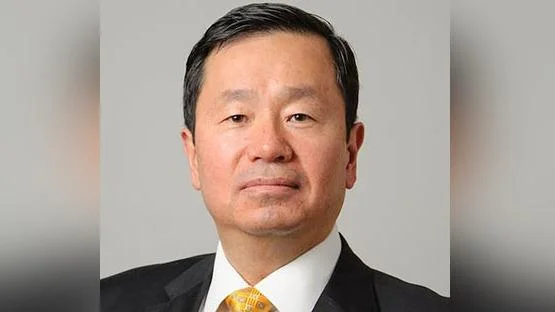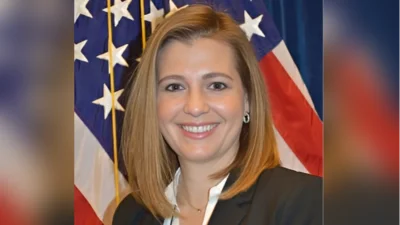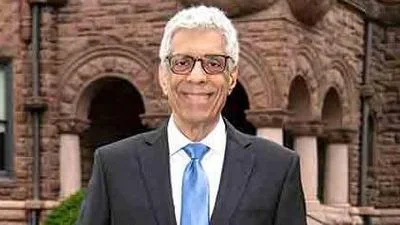Mun Y. Choi, PhD, President | University of Missouri
Mun Y. Choi, PhD, President | University of Missouri
Recent research conducted by the University of Missouri and the Yale School of Public Health has revealed that state-imposed restrictions on flavored e-cigarettes have led to a decrease in vaping among young adults. However, these same restrictions have also caused an increase in traditional cigarette smoking among this demographic compared to states without such measures.
Michael Pesko, a professor of economics at Mizzou’s College of Arts and Science, emphasized the potential for unintended consequences arising from public health policies. "We should always be cognizant that any policy will have unintended effects, especially in the public health space," Pesko stated. He noted that while flavored e-cigarette restrictions aim to curb vaping, they inadvertently lead to higher cigarette use, which poses greater health risks.
Pesko suggested that a more balanced policy approach could help mitigate tobacco-related diseases and deaths by encouraging a shift from more harmful tobacco products to less harmful alternatives. "E-cigarette flavor restrictions have the opposite effect of pushing many people towards more harmful tobacco," he said.
The study highlighted Maryland as an example where exempting menthol-flavored e-cigarettes from a broader ban resulted in decreased rates of both vaping and smoking. This suggests that nuanced regulatory strategies may offer better outcomes for public health initiatives.
Pesko's interest in this area was sparked during his tenure at the Centers for Disease Control and Prevention around 2010 when e-cigarette popularity began rising. He joined Mizzou in August 2023, drawn by its strong economics department and advanced research facilities like Hellbender, a collection of high-powered supercomputers. These resources support extensive data processing crucial for his research into how laws and regulations impact society and public health.
His study titled “Flavored e-cigarette sales restrictions and young adult tobacco use” received funding from the National Institutes of Health, the U.S. Food & Drug Administration Center for Tobacco Products, and the National Institute on Drug Abuse.






 Alerts Sign-up
Alerts Sign-up